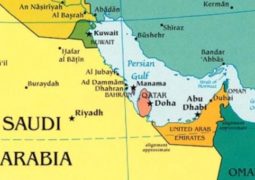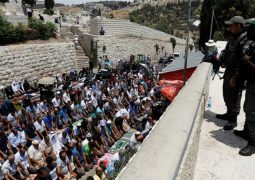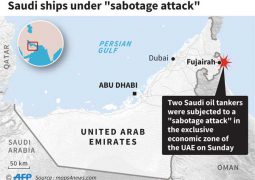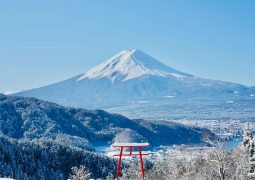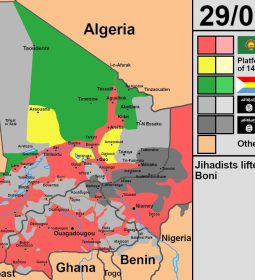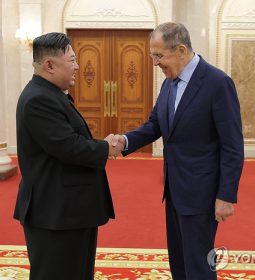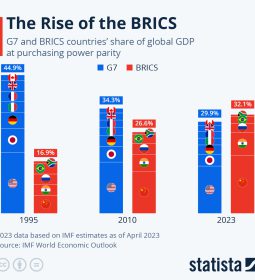Syria Denies Burning Bodies of Political Prisoners
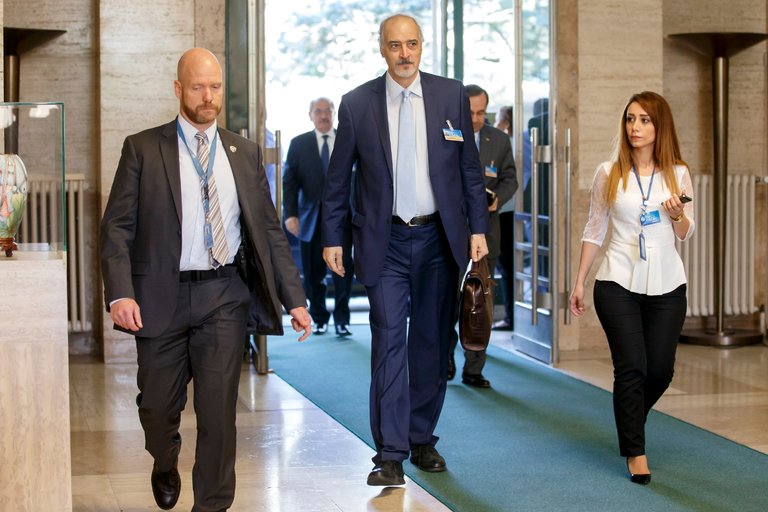
by Anne Barnard
BEIRUT, Lebanon — The Syrian government forcefully rejected on Tuesday accusations by the United States that the bodies of thousands of political prisoners had been disposed of in a crematory at a prison near Damascus, describing the allegations as “lies” to justify American aggression.
The government of President Bashar al-Assad has long been accused of killing thousands of prisoners and burying them in mass graves. But on Monday, the Trump administration made a new charge, accusing Damascus of burning corpses at the Sednaya prison to destroy evidence of war crimes.
“U.S. administrations continue fabricating lies and allegations to justify their aggressive and interventionist policies in other sovereign countries,” the Syrian Foreign Ministry said in a statement, according to the state news agency SANA. “These allegations are totally untrue and are only fabrications by the imagination of this administration and its agents.”
The response from the Foreign Ministry, which likened the accusations to the script of a Hollywood movie, came on the first day of a new round of negotiations in Geneva on the Syria crisis.
The United States Treasury Department announced on Tuesday that it had frozen any assets held by five Syrians and five Syrian companies in American jurisdictions and had barred Americans from doing business with them. The Treasury Department said in a statement that Syria’s “relentless attacks on civilians” had prompted the new sanctions.
The timing, intensity and public announcement of the accusations the burning of bodies suggested that the Trump administration was signaling a tougher political line on Syria, as well as seeking to embarrass Russia and Iran, all in an effort to put pressure on Damascus at the Geneva talks.
Five previous rounds of negotiations in Geneva have yielded little progress. The war is now in its seventh year, in large part because government delegations have refused to discuss the possibility of a political transition from the rule of Mr. Assad.
The Geneva Communiqué, signed by Russia and the United States in 2012, envisioned the establishment of a transitional governing body with full executive powers.
The Syrian government has refused to negotiate about power sharing or a phased transition, an idea that the international powers have been pushing more since the adoption in 2015 of Security Council Resolution 2254 calling for “credible, inclusive and nonsectarian governance.”
The opposition has also carried some degree of responsibility for the impasse, with its delegations disunited and unwilling to reduce their demands in the face of lost leverage on the battlefield.
Before previous rounds of talks, John Kerry, as secretary of state in the Obama administration, and Staffan de Mistura, the United Nations special envoy who is acting as mediator, tended to emphasize the search for common ground at the outset, even when there was little hope for progress.

Now, with the release of intelligence photographs of the prison complex, the United States is demonstrating a new willingness to publicly challenge and pressure Russia.
Up to this point, the United States has not confronted Russia or provided the public with all the evidence it says it has on war crimes, including the use of chemical weapons, by the Syrian government.
The declassified pictures do not appear to definitively prove the existence of a crematory, and rights groups that have investigated the conflict said they had not reached such a conclusion. But it is well established that there are many bodies to dispose of, and there is precedent for the burning of bodies by security forces.
There is ample evidence that the Syrian government has for decades run a vast network of detention and torture facilities and carried out arbitrary forced disappearances, and that such practices have expanded greatly since the uprising broke out in 2011.
In addition to thousands that have been killed outright, tens of thousands more may have died as vast numbers of detainees lived through conditions of neglect and abuse in packed, dirty cells, conditions so severe that a United Nations commission found that they amounted to the crime against humanity of “extermination.”
The New York Times has confirmed that such conditions are widespread through dozens of interviews with survivors and their relatives, and with former officials.
Beginning in 2013, The Times heard multiple accounts from residents in and around Damascus who said they detected the scent of something like burning hair. That led some to suspect that bodies were being burned in nearby security facilities like the Mezze airport, where former detainees have reported seeing bodies burned.
Other witnesses have told of government soldiers and militiamen burning the bodies of those killed in the field. Some cases, like the massacre of civilians in Baniyas and Bayda in 2013, have been documented in multiple videos.
Mr. de Mistura opened the latest round of talks in Geneva by meeting with Syria’s ambassador to the United Nations, Bashar al-Jaafari, on Tuesday morning, before having lunch with Russia’s deputy foreign minister, Gennady Gatilov, and heading into a series of meetings with Syrian parties, starting with the head of the Syrian opposition delegation, Nasr al-Hariri, and members of the opposition High Negotiations Committee.
To make the most of the few days set aside for this round of discussions, United Nations officials said Mr. Jaafari was likely to return for a second session with the special envoy in the evening.
United Nations officials said on Monday that they had reason to believe the current Geneva talks would be more substantive than previous ones. Mr. de Mistura said that more countries would participate this time — he said all the signatories to the Security Council resolution would attend, which would include Iran as well as Russia — and that the intention was “to go a little bit more deeply and actually be more businesslike.”
“Any type of reduction of violence, in this case de-escalation, cannot be sustained unless there is a political horizon in one direction or the other,” he added. “That is exactly what we are pushing for.”
Mr. de Mistura’s deputy, Ramzy Ezzeldin Ramzy, said he recently had a two-hour meeting with the Syrian deputy foreign minister, Fayssal Mekdad, in Damascus, that led him to believe the Syrian government was prepared to engage in more substantive discussions.
- Previous North Korea Missile Test Appears to Tiptoe Over a U.S. Tripwire
- Next Singapore shuts airport terminal after fire; flights delayed




